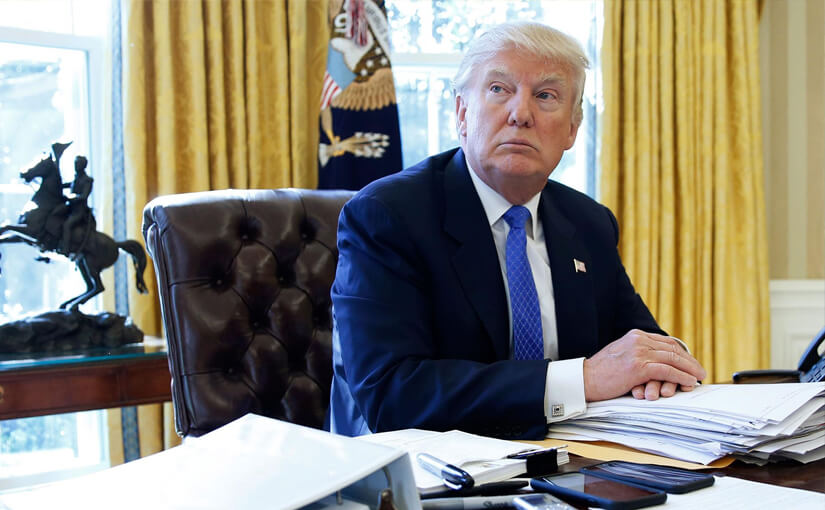- The President
The president has veto power. This means that the president can reject a bill passed by Congress. If the president vetoes a bill, he prevents it from becoming a law.
The president can send the bill back to Congress unsigned. Often he will list reasons why he rejects it. The president has 10 days to evaluate the bill.
If the president does not sign the bill after 10 days and Congress is in session, the bill automatically becomes a law.
If the president does nothing with the bill and Congress adjourns within the 10-day period, the bill does not become law—this is called a “pocket veto.” If two-thirds of the House and two-thirds of the Senate vote to pass the bill again, the bill becomes a law, even though the president did not sign it.


